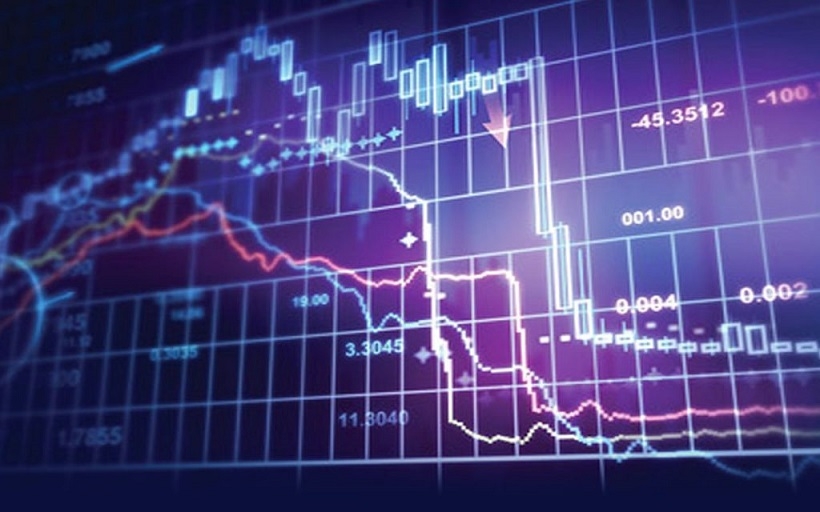The US stock market has lost $5 trillion in the 50 days of Trump's presidency

US stock indexes fell another 2.1% to 4% on Monday after Trump said he did not rule out a recession in the US economy. The decline began last week amid uncertainty over tariffs on Canada, Mexico and China, some of which were later postponed. Stocks are falling on concerns that tariffs and federal staff cuts will undermine consumer confidence and stall economic growth.
On Monday, major financial indexes fell to a 6-month low, with the Dow Jones Industrial Average (DJIA) down 2.1%, the S&P 500 down 2.7%, and the Nasdaq down 4%.
In just three weeks, the market has lost 8-12%, or about $5 trillion in capitalization. Investors who had been expecting Trump to deliver the stock market boost he promised are now losing optimism.
The leader of the decline was Tesla, whose shares fell by 15.4% in one day (-41.4% since the beginning of the year). Shares of other companies from the TOP-7 (Alphabet, Amazon, Apple, Meta, Microsoft, Nvidia) fell by 2-5%, chip manufacturer Microchip Technology - by 11%, and data analysis solutions provider Palantir - by 10%.
The price of Bitcoin fell 8% to a 4-month low when it became clear that the government plans to replenish the strategic cryptocurrency reserve created by Trump's executive order with confiscated assets, rather than buying cryptocurrency on the exchange.
May Brent crude futures fell 10.5% to $69.2/barrel in the month on data on the US economy and forecasts of a decline in global demand and production activity due to trade wars.
The US's introduction of import tariffs is disrupting global supply chains, negatively affecting the commodities and economies of some countries.
It is worth considering that stock exchanges are often used as collateral for loans. If a stock cost $1,000 and a $700 loan was issued against it, then when the price drops to $700, the bank automatically sells the asset, which accelerates the price collapse and creates a domino effect.
This began the Great Depression and the financial crisis of 2008, when the real estate market crashed and Lehman Brothers went bankrupt. Trump also declared bankruptcy at the time, but in 2009, his estate, estimated at $40-45 million, was purchased by a Russian oligarch for $95 million, which helped avoid a financial collapse.
Foreign stock markets traded mixed yesterday: Europe's Euro Stoxx 50 fell 1.49%, China's Shanghai Composite fell 0.19%, while Japan's Nikkei 225 rose 0.38% (recovering from a 5.5-month low).
Investors are concerned about trade wars, Trump's unpredictability and the risk of recession, so they fear that the market may revise the inflated valuations of American companies, especially those related to AI, which caused the sharp rise in stocks in 2024.


